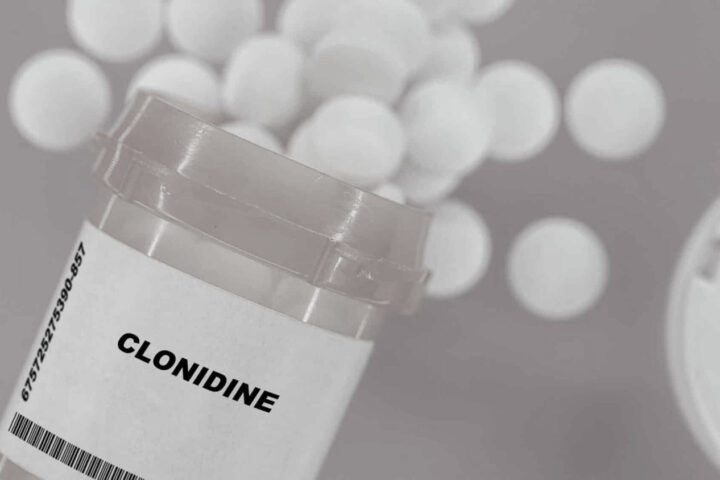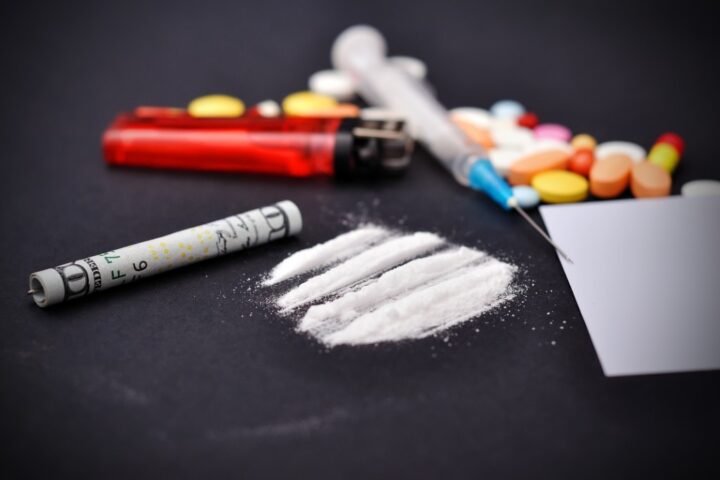As a high school coach, I’ve witnessed firsthand the harm that alcohol can cause to young athletes. In recent years, a concerning trend has emerged: young people’s rising desire for alcoholic beverages with sweet flavors. This has caused some to question the motives of large alcohol makers. Is the objective of these sugary beverages to sell to children?
To attract youthful consumers, alcopops, or alcoholic beverages with a sweet flavor, are sometimes packaged to look like sodas or juices and have a sugary taste. Many alcoholic beverages’ sweetness conceals their substantial alcohol content, making it all too easy to consume excessive amounts. Given the prevalence of underage drinking in South Africa, the fact that this product may appeal to that population is worrisome.
Some believe that large alcohol corporations use deceptive advertising to entice young people to buy their products. Images of attractive, energetic people on the container and in commercials are used to market these sugary drinks to young people.
It is important to remember, however, that it is illegal to promote alcoholic beverages to youngsters. Large alcoholic beverage makers frequently say that they promote responsible drinking and exclusively market to persons of legal drinking age. The fact that these things are popular among minors, on the other hand, should not be neglected.
Despite their sweet appearance, several of these beverages contain more alcohol than conventional beer. Because of the sweetness, this high alcohol percentage may go unnoticed, leading to binge drinking and related health consequences.
The ultimate line is that it is impossible to deny that large alcohol companies target underage consumers with sugary drinks. As a society, we must emphasize the dangers of alcohol consumption to young people and advocate for more responsible promotion of alcoholic beverages.
The growing popularity of sugary alcoholic beverages, or “alcopops,” is a concerning development in an already troubling trend: teenage alcohol consumption. Young people are drawn to these drinks because of their sugary flavors and eye-catching packaging. As we delve more into this topic, it is critical to remember the several elements at work.
What Makes Alcopops Appealing to Young Consumers?
- Sugary Flavors: Alcopops often taste like sodas or juices, with their alcohol content masked by the sweetness, making it easier for younger people to consume.
- Bright Packaging: The vibrant, eye-catching packaging can draw the attention of younger consumers.
- Social Media Presence: These products are often promoted on platforms popular among young people, further enhancing their appeal.
Concerning Aspects of Alcopops
- Higher Alcohol Content: Alcopops often contain more alcohol than standard beer. The sugary taste can mask this high alcohol content, leading to overconsumption and potential alcohol-related harm.
- Potential Targeting: While it’s illegal to market alcoholic products to minors, critics argue that the marketing strategies of alcopops are designed to attract younger audiences.
FAQs About Alcopops and Young Consumers
Q: Are alcopops more dangerous than other alcoholic drinks? A: The danger lies in the fact that their sweetness masks their often-high alcohol content, making it easy to drink excessive amounts.
Q: Are alcohol companies intentionally targeting kids with these drinks? A: While alcohol companies maintain they promote responsible drinking and their products are for legal-drinking-age consumers, the appeal of alcopops to younger consumers raises valid concerns.
Q: How can we discourage young people from drinking alcopops? A: Education about the dangers of alcohol, open conversations, and advocating for responsible marketing practices in the alcohol industry are key.
Because of the meteoric rise in popularity of alcopops, it is imperative that we discuss the likelihood that these beverages encourage underage drinking. In spite of the unquestionable success of alcopops with younger consumers, we cannot draw the conclusion that large alcohol manufacturers intend for their products to be consumed by those under the age of 21. These things have a pleasant flavor, are presented in a colorful manner, and have a big presence on the internet, all of which appeal to the younger population.
This incident brings to light the importance of educating young people about the risks associated with drinking alcohol. The onus of starting these conversations and assisting young people in making decisions based on accurate information fully rests on the shoulders of parents, teachers, and any other adults who are within the young people’s circles of influence. More stringent regulations on the advertising of alcoholic beverages, particularly those that may appeal to kids unwittingly, need to be forcefully defended. This is especially important in the case of rules that may appeal to minors unintentionally.
There are a lot of different aspects to the problem of alcoholic sodas and how popular they are among young people, and we need to deal with all of them. The promotion of education, the promotion of ethical marketing practices, and the creation of an atmosphere that encourages open dialogue about the dangers of alcohol are all ways that we may assist in preventing our young people from abusing alcohol.
You play an extremely important part as parents, teachers, and leaders in the community. Have a discussion with your young people about the risks associated with drinking alcohol. Ensure that they are in possession of all of the relevant data so that they can make informed decisions. Advocating for stricter regulations to be placed on the advertising of alcoholic beverages, especially those that may appeal to kids, is an important step to take. Everyone needs to do their part if we are going to be successful in preventing alcoholism in our young people.



